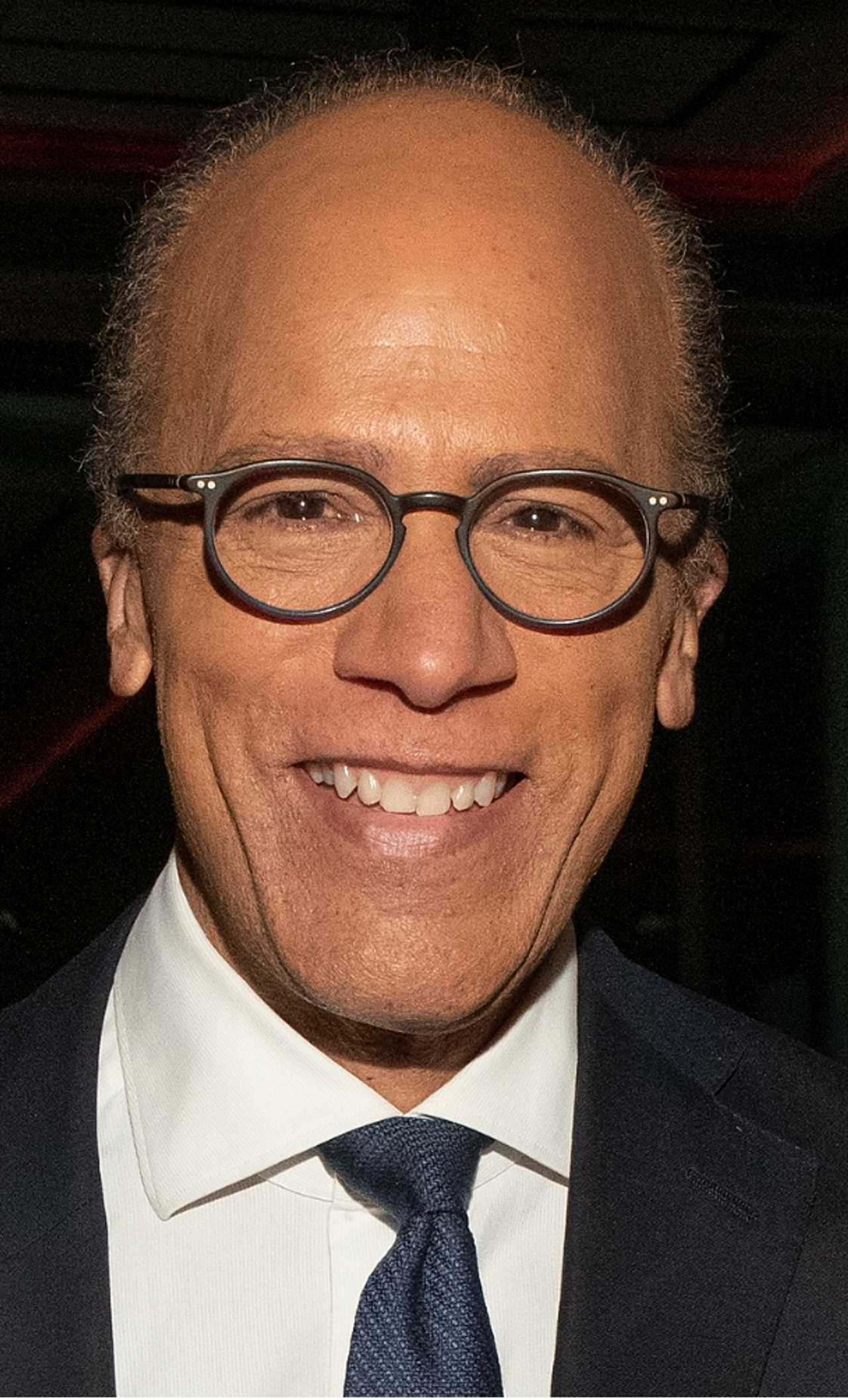Who Played Harry Lyme: Unveiling The Mystery Behind The Iconic Character
Who played Harry Lyme? That’s the question that has been lingering in the minds of movie enthusiasts for decades. This character, with his charm and cunning ways, has left a lasting impression on audiences worldwide. From the moment he appeared on screen, Harry Lyme became a symbol of intrigue and mystery. But who exactly is the man behind the mask? Let’s dive deep into the world of this legendary character and uncover the truth.
The story of Harry Lyme is not just about the character itself but also about the actor who brought him to life. This article will explore everything you need to know about the man who played Harry Lyme, his journey in the entertainment industry, and why this role became such a defining moment in his career. So, buckle up, because we’re about to take you on a thrilling ride through the world of cinema and the life of an extraordinary actor.
Before we dive into the nitty-gritty details, let’s set the stage. Harry Lyme is a character that has captured the hearts of many, and understanding the man behind the role is essential. This article will not only answer the question “who played Harry Lyme” but will also delve into the intricacies of the character and the impact it had on the actor’s career. Let’s get started!
- Subhashree Sahu Erome Unveiling The Rising Star Of The Digital Era
- Deephotling The Ultimate Guide To Unlocking Its Potential
The Man Behind the Curtain: A Brief Biography
Before we talk about Harry Lyme, let’s take a step back and introduce the man who brought this character to life. The actor who played Harry Lyme is none other than Orson Welles. Born on May 6, 1915, in Kenosha, Wisconsin, Orson Welles was a true renaissance man of the entertainment industry. Known for his groundbreaking work in radio, theater, and film, Welles left an indelible mark on the world of arts and entertainment.
Welles’ journey in the entertainment industry began at a young age. By the time he was in his early twenties, he was already making waves in the world of theater and radio. His most famous radio broadcast, “The War of the Worlds,” aired in 1938 and caused a national panic due to its realistic portrayal of an alien invasion. This event cemented Welles’ reputation as a master storyteller and set the stage for his future endeavors in the film industry.
A Glimpse into Orson Welles’ Early Life
To truly understand Orson Welles, we need to look at his early life and how it shaped the man he became. Growing up in a family of artists and intellectuals, Welles was exposed to the arts from a very young age. His parents, Richard Head Welles and Beatrice Ives Welles, were both talented individuals in their own right. Richard was an inventor and a businessman, while Beatrice was a concert pianist. This environment of creativity and innovation undoubtedly played a significant role in shaping Welles’ artistic sensibilities.
- Whitney Wren Onlyfans The Ultimate Guide To Her Content Career And More
- Catch The Latest Buzz With Katmovieorgin Your Ultimate Movie Hub
Tragically, Welles lost both of his parents at a young age. His mother passed away when he was just nine years old, and his father followed shortly after. These early losses left a profound impact on Welles, influencing his work and the characters he portrayed throughout his career. Despite these challenges, Welles continued to pursue his passion for the arts, eventually finding his way to the world of theater and radio.
Harry Lyme: The Character That Defined a Legacy
Now that we’ve had a brief introduction to Orson Welles, let’s turn our attention to the character that made him a household name: Harry Lyme. Harry Lyme is a character from the 1949 film “The Third Man,” directed by Carol Reed. Set in post-World War II Vienna, the film follows the story of Holly Martins, a writer who travels to Vienna to meet his old friend Harry Lyme, only to discover that Lyme has died under mysterious circumstances.
Orson Welles’ portrayal of Harry Lyme is nothing short of iconic. Despite having relatively little screen time, Welles’ performance left an indelible mark on audiences. His ability to convey both charm and menace with just a few lines of dialogue is a testament to his extraordinary talent as an actor. The character of Harry Lyme has since become one of the most memorable in cinematic history, and Welles’ performance is often cited as one of the greatest in film.
Why Harry Lyme Stands Out
What makes Harry Lyme such a memorable character? For starters, it’s the complexity of the role. Harry Lyme is not your typical villain. He’s a man of contradictions—charming yet ruthless, intelligent yet morally bankrupt. Welles’ ability to capture these nuances in his performance is what makes the character so compelling.
Another factor that contributes to the character’s appeal is the mystery surrounding him. Throughout the film, Harry Lyme is shrouded in secrecy, and his true nature is only revealed gradually. This sense of mystery keeps audiences engaged and invested in the story, making Harry Lyme a character that lingers in the minds of viewers long after the credits roll.
The Impact of Harry Lyme on Orson Welles’ Career
Playing Harry Lyme was a pivotal moment in Orson Welles’ career. At the time, Welles was already a well-known figure in the entertainment industry, thanks to his work in radio and theater. However, his performance in “The Third Man” brought him to a wider audience and solidified his status as a cinematic legend.
Despite the success of “The Third Man,” Welles faced numerous challenges in his career. He often clashed with studio executives, who were reluctant to give him the creative freedom he desired. Nevertheless, Welles continued to push the boundaries of what was possible in film, leaving a lasting legacy that continues to inspire filmmakers today.
Challenges and Triumphs
Throughout his career, Orson Welles faced a myriad of challenges. Financial difficulties, creative differences with studios, and personal struggles all tested his resolve. Yet, despite these obstacles, Welles never lost his passion for storytelling. His dedication to his craft and his willingness to take risks set him apart from his contemporaries and ensured his place in the annals of cinematic history.
One of Welles’ greatest triumphs was his ability to adapt to changing times. As the film industry evolved, so did Welles’ approach to his work. He embraced new technologies and techniques, always striving to create something fresh and innovative. This adaptability allowed him to remain relevant and influential throughout his career.
The Legacy of Harry Lyme
More than seventy years after its release, “The Third Man” continues to captivate audiences around the world. The film’s enduring popularity is largely due to the character of Harry Lyme and Orson Welles’ unforgettable performance. Harry Lyme has become a symbol of intrigue and mystery, a character that embodies the complexities of human nature.
The impact of Harry Lyme extends beyond the world of cinema. The character has influenced countless filmmakers and actors, inspiring them to create complex and nuanced roles that challenge audiences and push the boundaries of storytelling. In many ways, Harry Lyme represents the best of what cinema has to offer—a character that resonates with audiences on a deep and meaningful level.
Harry Lyme’s Influence on Modern Cinema
Today, the influence of Harry Lyme can be seen in a wide range of films and television shows. Characters that embody the same complexity and charm as Harry Lyme continue to captivate audiences, proving that Welles’ portrayal of the character was truly ahead of its time. From anti-heroes in modern blockbusters to morally ambiguous protagonists in indie films, the legacy of Harry Lyme lives on in the world of entertainment.
For aspiring actors and filmmakers, Harry Lyme serves as a reminder of the power of storytelling. A well-crafted character can leave a lasting impression on audiences, transcending the boundaries of time and culture. This is the true legacy of Harry Lyme and the reason why Orson Welles’ performance remains so relevant today.
Orson Welles: The Man, the Myth, the Legend
Orson Welles was not just an actor but a true visionary in the world of entertainment. His contributions to the arts extend far beyond his portrayal of Harry Lyme. As a director, producer, and writer, Welles left an indelible mark on the film industry. His masterpiece, “Citizen Kane,” is often regarded as one of the greatest films ever made and continues to inspire filmmakers to this day.
Despite facing numerous challenges throughout his career, Welles never lost his passion for storytelling. His dedication to his craft and his willingness to take risks set him apart from his contemporaries and ensured his place in the pantheon of cinematic legends. Orson Welles was, and continues to be, a true icon in the world of entertainment.
A Closer Look at Orson Welles’ Career
To fully appreciate Orson Welles’ legacy, it’s important to take a closer look at his career. From his early days in radio and theater to his groundbreaking work in film, Welles’ journey is one of triumph and perseverance. His ability to adapt to changing times and his unwavering commitment to his craft made him a true pioneer in the entertainment industry.
Welles’ influence can be seen in the work of countless filmmakers and actors who have followed in his footsteps. His dedication to storytelling and his willingness to push the boundaries of what was possible in film continue to inspire new generations of artists. Orson Welles was not just an actor or a director—he was a true visionary whose legacy will continue to resonate for years to come.
Conclusion: Who Played Harry Lyme?
In conclusion, the question “who played Harry Lyme” can be answered in two ways. On the surface, it was Orson Welles who brought the character to life. However, on a deeper level, Harry Lyme was a creation that transcended the actor who portrayed him. The character’s complexity and charm continue to captivate audiences, proving that great storytelling has the power to endure the test of time.
As we reflect on the legacy of Orson Welles and the character of Harry Lyme, we are reminded of the importance of storytelling in our lives. A well-crafted character can leave a lasting impression on audiences, transcending the boundaries of time and culture. This is the true legacy of Harry Lyme and the reason why Orson Welles’ performance remains so relevant today.
So, the next time you find yourself watching “The Third Man,” take a moment to appreciate the genius of Orson Welles and the character he brought to life. Harry Lyme may have been a fictional character, but his impact on the world of cinema is very real. Thank you for joining us on this journey through the world of cinema and the life of an extraordinary actor. We hope you found this article informative and enjoyable. Don’t forget to leave a comment and share your thoughts with us!
Table of Contents
- The Man Behind the Curtain: A Brief Biography
- A Glimpse into Orson Welles’ Early Life
- Harry Lyme: The Character That Defined a Legacy
- Why Harry Lyme Stands Out
- The Impact of Harry Lyme on Orson Welles’ Career
- Challenges and Triumphs
- The Legacy of Harry Lyme
- Harry Lyme’s Influence on Modern Cinema
- Orson Welles: The Man, the Myth, the Legend
- A Closer Look at Orson Welles’ Career
- Omegle Live The Ultimate Guide To Exploring The Worlds Most Popular Chat Platform
- Jackerman Mothers Warmth 3 Update A Heartwarming Journey Into The Latest Edition

Harry Lyme speaking with the Central Intelligence by SevenSidedCube7 on

Lester Holt Stepping Down As NBC Nightly News Anchor LymeOld Lyme

CT Man Accused Of Stealing Police Cruiser With Officer Inside Lyme